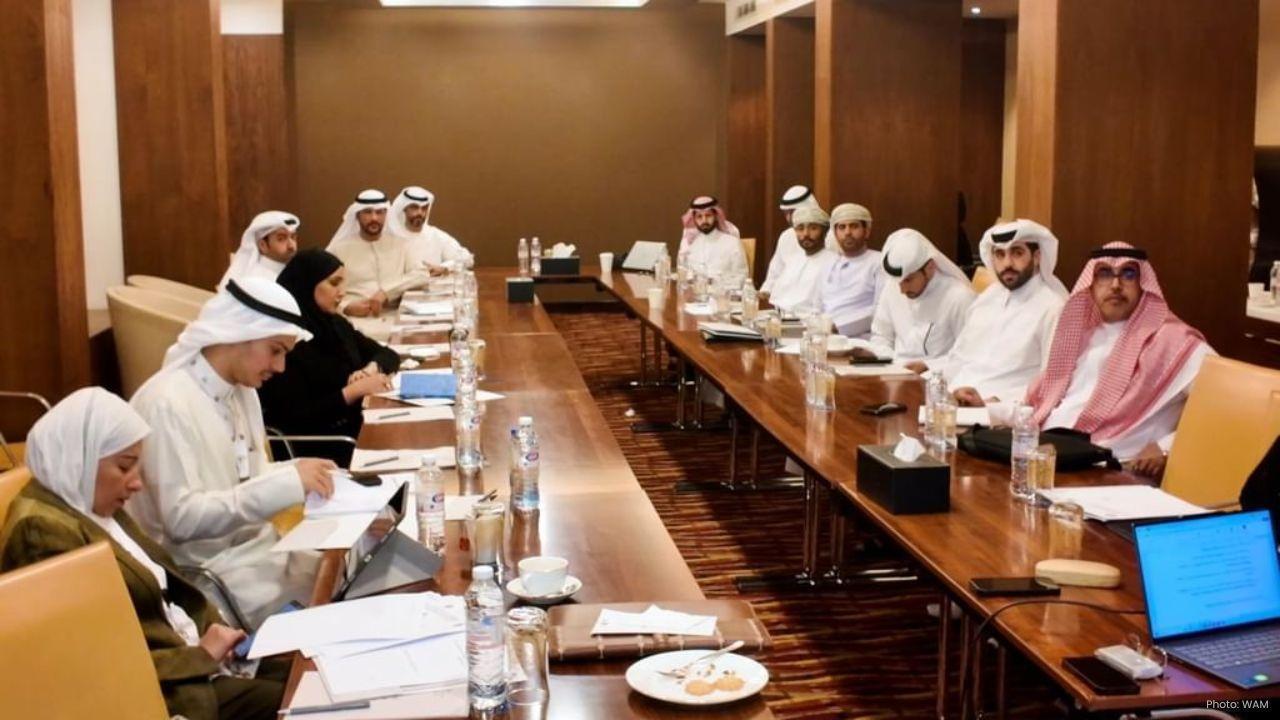
Post by : Mumtaaz Qadiri
The United Arab Emirates, represented by its Ministry of Interior, took part in an important workshop focused on preparing the Gulf Anti-Money Laundering Strategy. This workshop brought together officials and experts from the Gulf Cooperation Council (GCC) countries to work on strengthening regional frameworks to combat financial crimes.
Organized By GCC And UNODC
The workshop was organized by the General Secretariat of the GCC in collaboration with the United Nations Office on Drugs and Crime (UNODC). The Ministry of Interior of Kuwait hosted the event from September 8 to 11. The collaboration between GCC and UNODC ensures that the workshop’s discussions follow international standards and best practices in combating money laundering and financial crime.
Aim Of The Workshop
The main goal of the workshop was to establish a unified strategic framework for GCC member states. This framework is designed to improve security and regulatory cooperation across the Gulf region. It also ensures that GCC countries’ anti-money laundering efforts are aligned with international standards issued by the Financial Action Task Force (FATF) and the Middle East and North Africa Financial Action Task Force (MENAFATF).
Strengthening Regional Security And Cooperation
Discussions during the workshop focused on strengthening the role of the GCC Secretariat in coordinating efforts to combat money laundering. Participants examined how member states can work together more effectively to identify, prevent, and address financial crimes. This includes sharing information, best practices, and strategies to enhance overall security in the Gulf region.
Reviewing National Legislation
One important topic discussed was the review of national laws and regulations in each GCC country. Officials analyzed current legislation, policies, and mechanisms related to anti-money laundering. The aim was to identify areas for improvement and propose measures that can make national frameworks more effective while ensuring regional alignment.
Ensuring Compliance With International Standards
The workshop emphasized the importance of aligning GCC countries’ anti-money laundering frameworks with international standards. FATF and MENAFATF provide guidance on how to detect, prevent, and punish money laundering and related financial crimes. Compliance with these standards not only strengthens security but also improves the global credibility and cooperation of Gulf countries in financial matters.
Enhancing Regulatory And Judicial Coordination
Participants included representatives from Ministries of Interior, regulatory authorities, judicial authorities, and central banks of the GCC countries. The discussions focused on improving coordination among these entities to ensure that anti-money laundering measures are applied effectively. This includes sharing information, monitoring financial transactions, and enforcing relevant laws across borders.
Role Of International Organizations
The presence of international organizations such as UNODC added a global perspective to the workshop. These organizations provided guidance and support for implementing best practices in anti-money laundering. Their expertise helps GCC countries strengthen national legislation, improve investigative capabilities, and enhance cooperation with other countries and international institutions.
Attendance Of Key Officials
The event was attended by Jassim Mohammed Al-Budaiwi, Secretary-General of the GCC. His participation highlighted the importance of regional collaboration in combating financial crimes. Senior officials and representatives from all GCC member states took part, bringing their knowledge and experience to the discussions.
Practical Steps For Implementation
During the workshop, practical steps for implementing the Gulf Anti-Money Laundering Strategy were discussed. These include improving information sharing among countries, standardizing reporting procedures, enhancing monitoring of financial transactions, and providing training to relevant authorities. The goal is to create a strong, unified approach to tackling money laundering in the Gulf region.
Long-Term Benefits For The Region
A unified anti-money laundering strategy will provide long-term benefits for GCC countries. It will enhance financial security, protect national economies, and prevent the misuse of financial systems for illegal activities. It also strengthens trust and cooperation between member states and with international partners. This coordinated approach ensures that the Gulf region can respond effectively to emerging financial threats.
Strengthening International Reputation
By aligning with FATF and MENAFATF standards, GCC countries can improve their international reputation. Compliance demonstrates that the region is committed to transparency, accountability, and the prevention of financial crimes. This not only benefits the financial sector but also encourages investment, trade, and collaboration with global partners.
Knowledge Sharing And Capacity Building
The workshop also emphasized capacity building among member states. Sharing knowledge and expertise helps national authorities enhance their skills in detecting and investigating money laundering. Training programs, workshops, and joint exercises will prepare authorities to respond effectively to complex financial crimes and emerging threats.
Future Cooperation And Initiatives
Participants agreed to continue working together to develop and refine the Gulf Anti-Money Laundering Strategy. Future initiatives may include regular meetings, joint projects, information exchanges, and coordinated enforcement actions. These efforts will ensure that GCC countries maintain a consistent and robust approach to financial crime prevention.
The UAE’s participation in the GCC workshop demonstrates its commitment to regional security, financial integrity, and international cooperation. By working closely with other GCC countries and international organizations, the UAE and its partners aim to create a unified strategy to prevent money laundering, protect national economies, and strengthen the region’s global reputation. The workshop marks a significant step forward in building stronger regulatory frameworks and collaborative mechanisms across the Gulf, ensuring a safer and more secure financial environment for all member states.
GCC Anti-Money Laundering, UAE Security Cooperation, Financial Crime Prevention
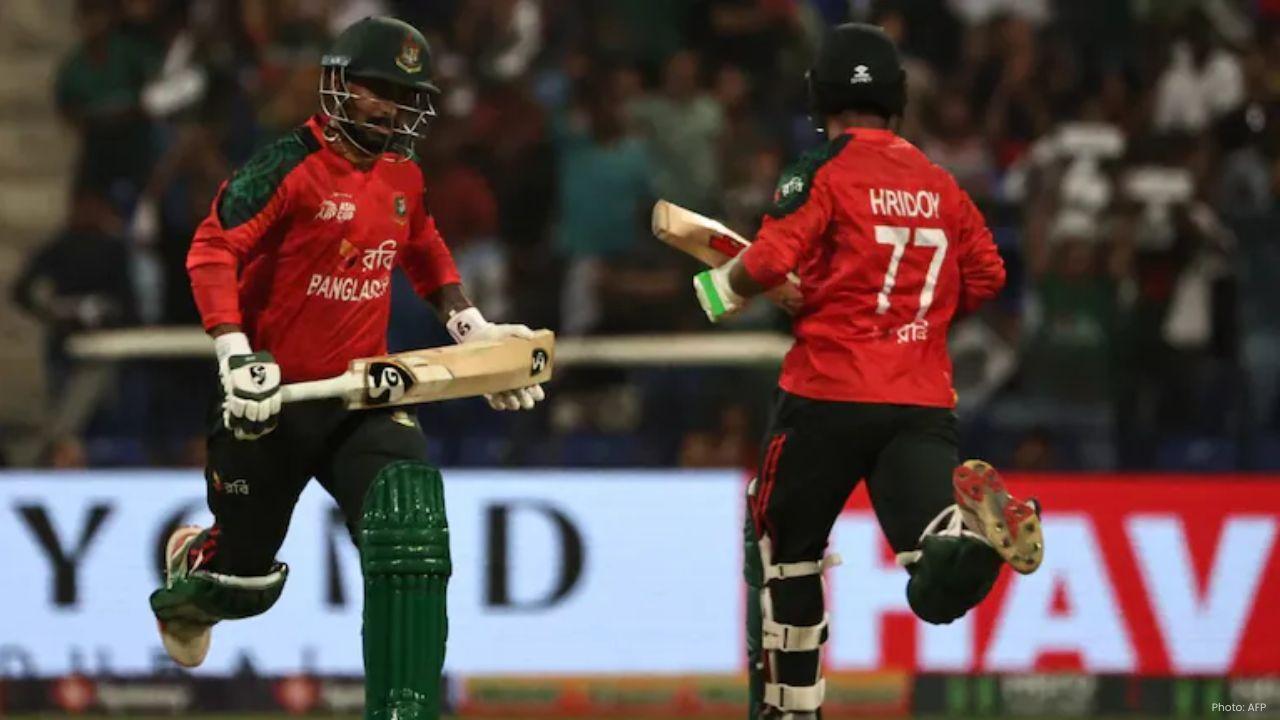
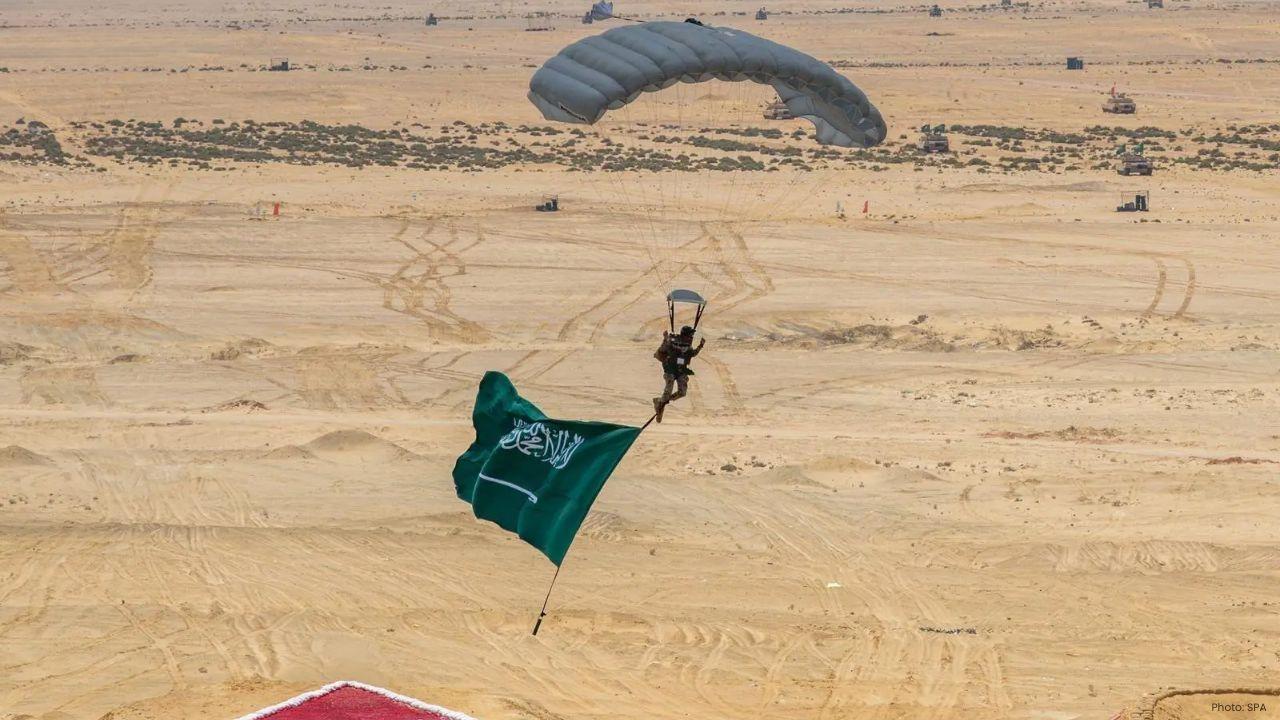
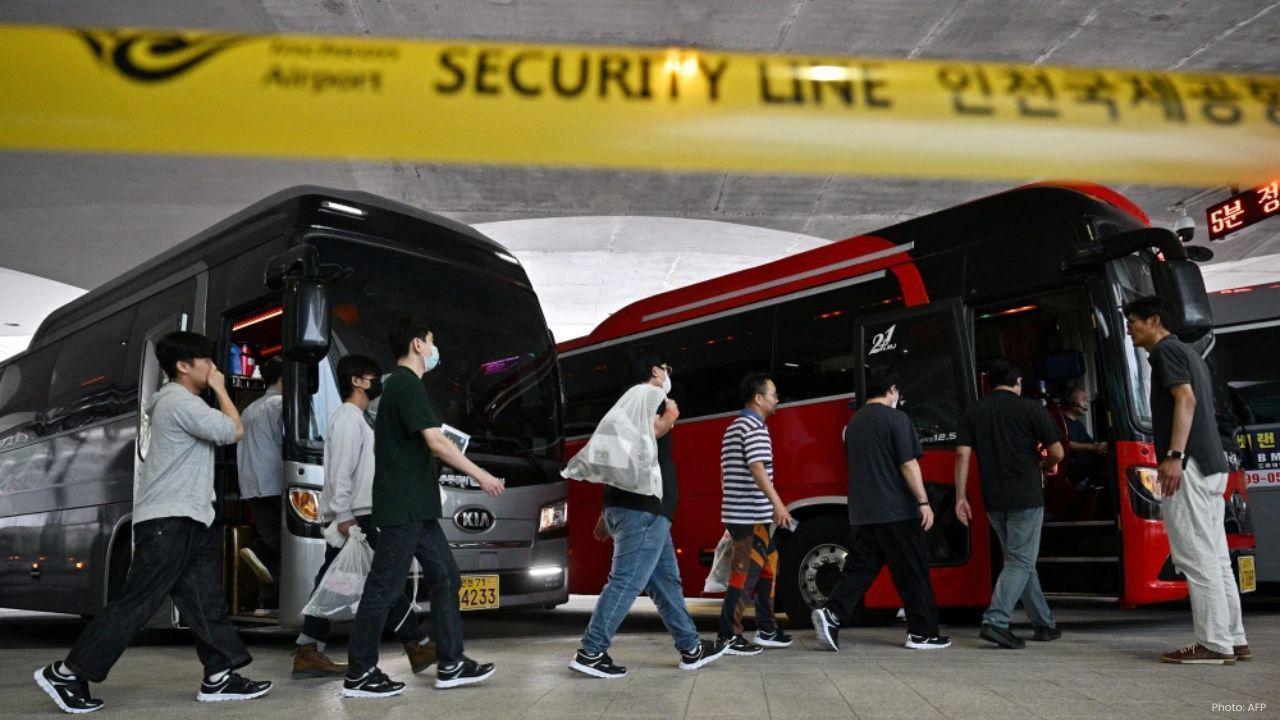
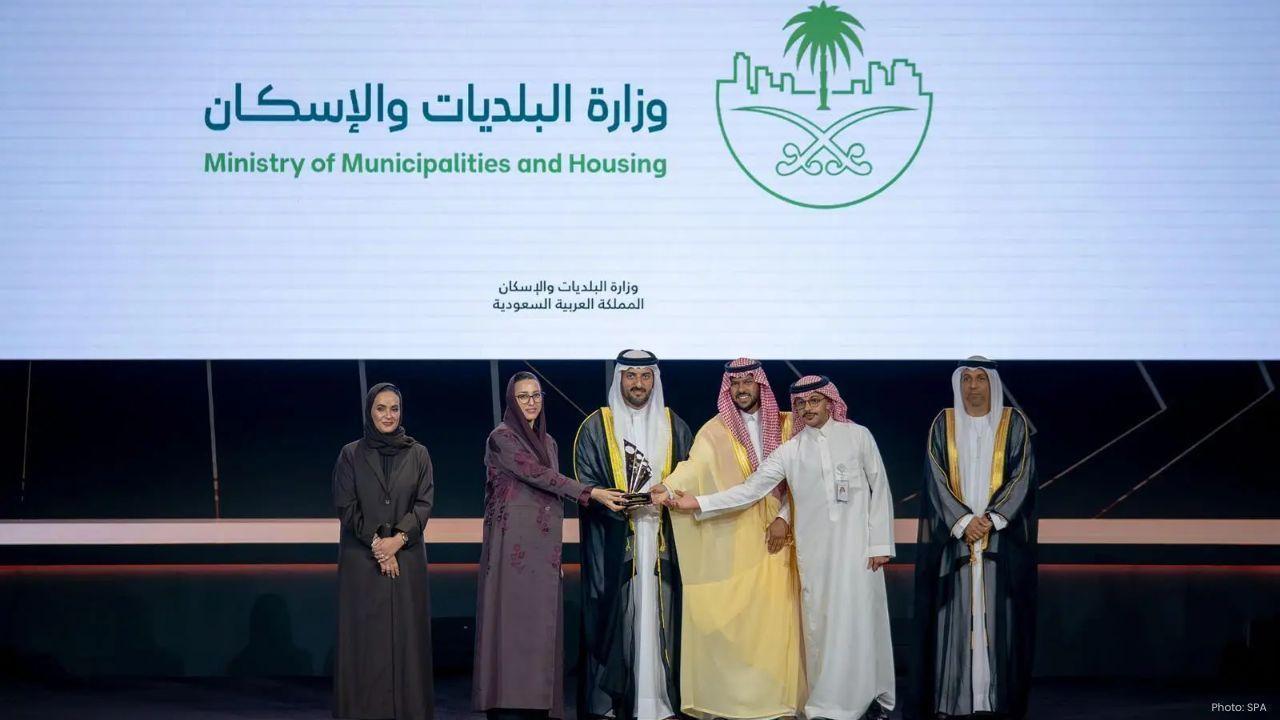

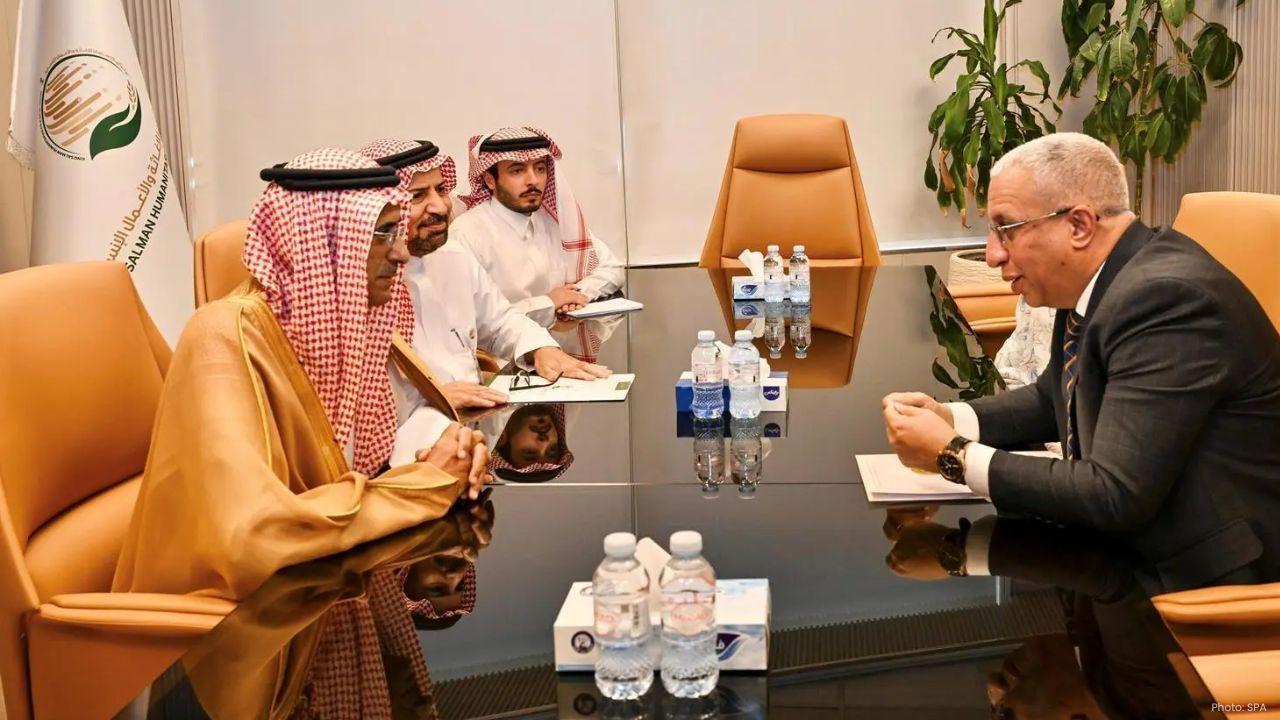


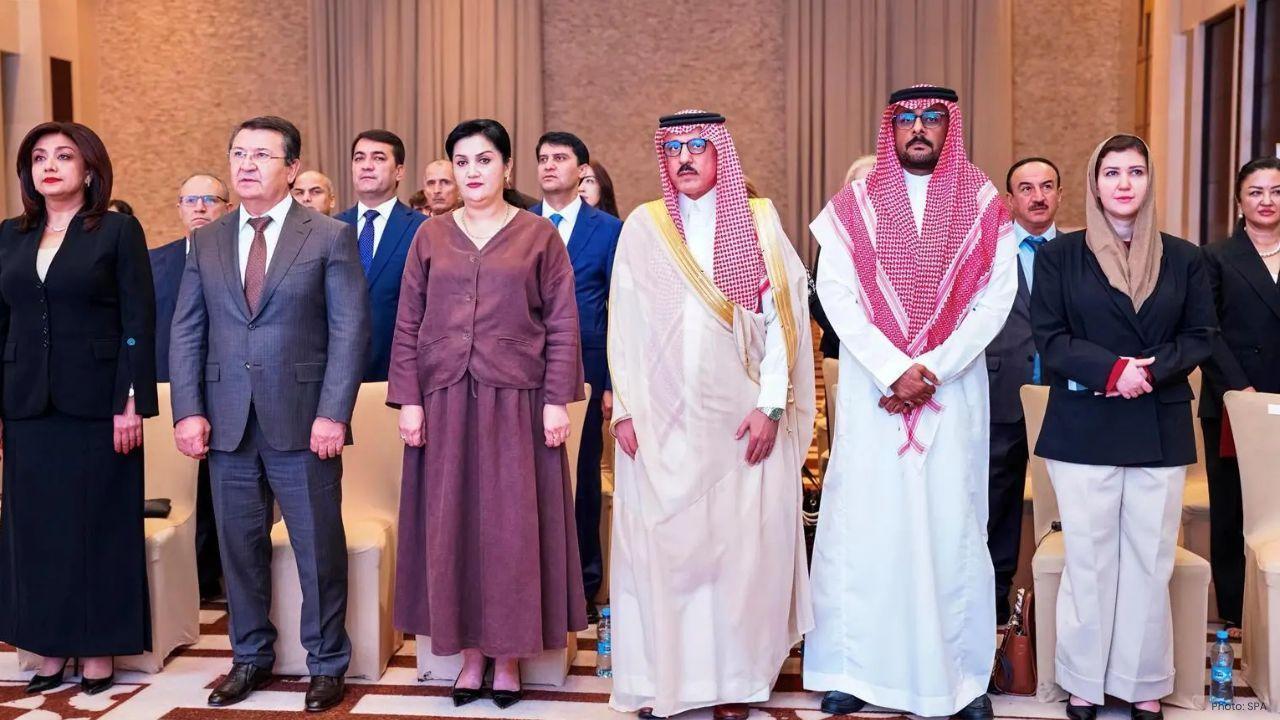

Bangladesh Beat Hong Kong In Asia Cup Opener With Litton’s 59
Bangladesh began their Asia Cup with a win against Hong Kong. Litton Das scored 59 and Hridoy added

South Korean Workers Return After US Immigration Raid Shock
A plane brought back 300 South Koreans after a US raid. Seoul now seeks new visa rules to protect wo

Microsoft And OpenAI Sign New Deal To Shape Future Partnership
Microsoft and OpenAI sign a new deal to reshape their partnership, supporting OpenAI’s move toward a
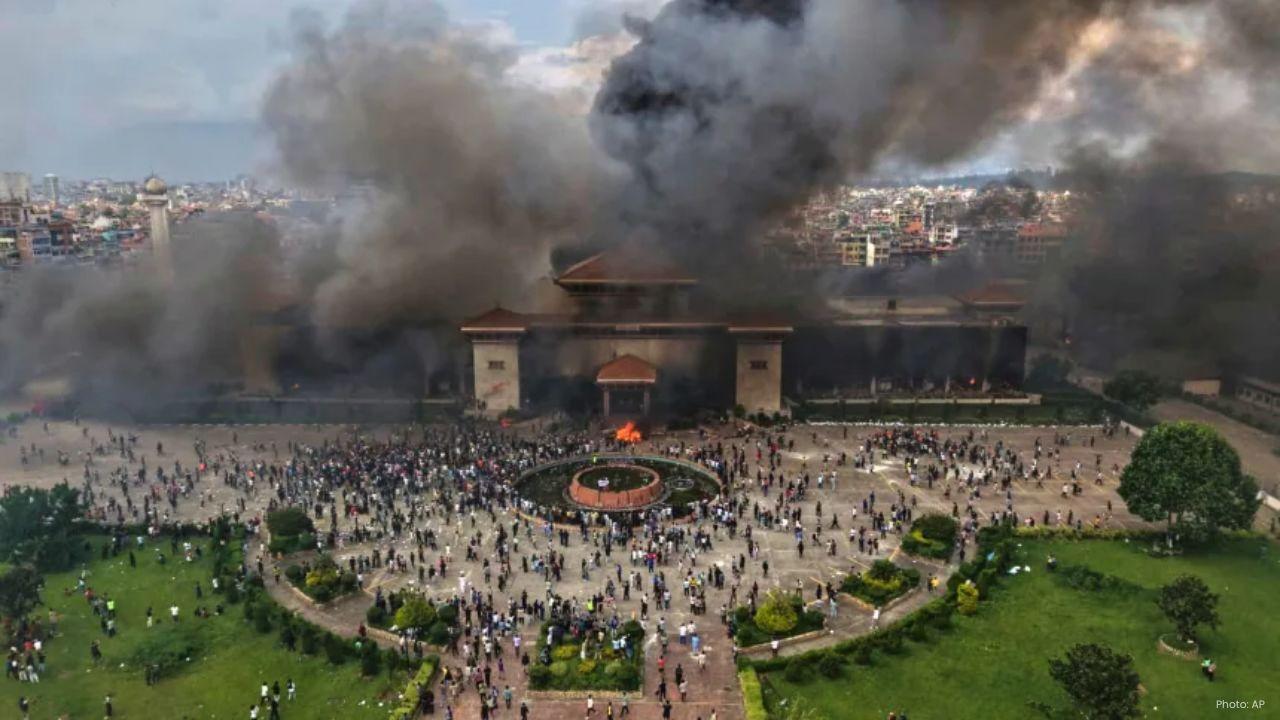
Nepal Gen Z Protests Burn Parliament And Luxury Hotels In Chaos
Massive Gen Z protests in Nepal target elites’ wealth, burning parliament and top hotels, causing de
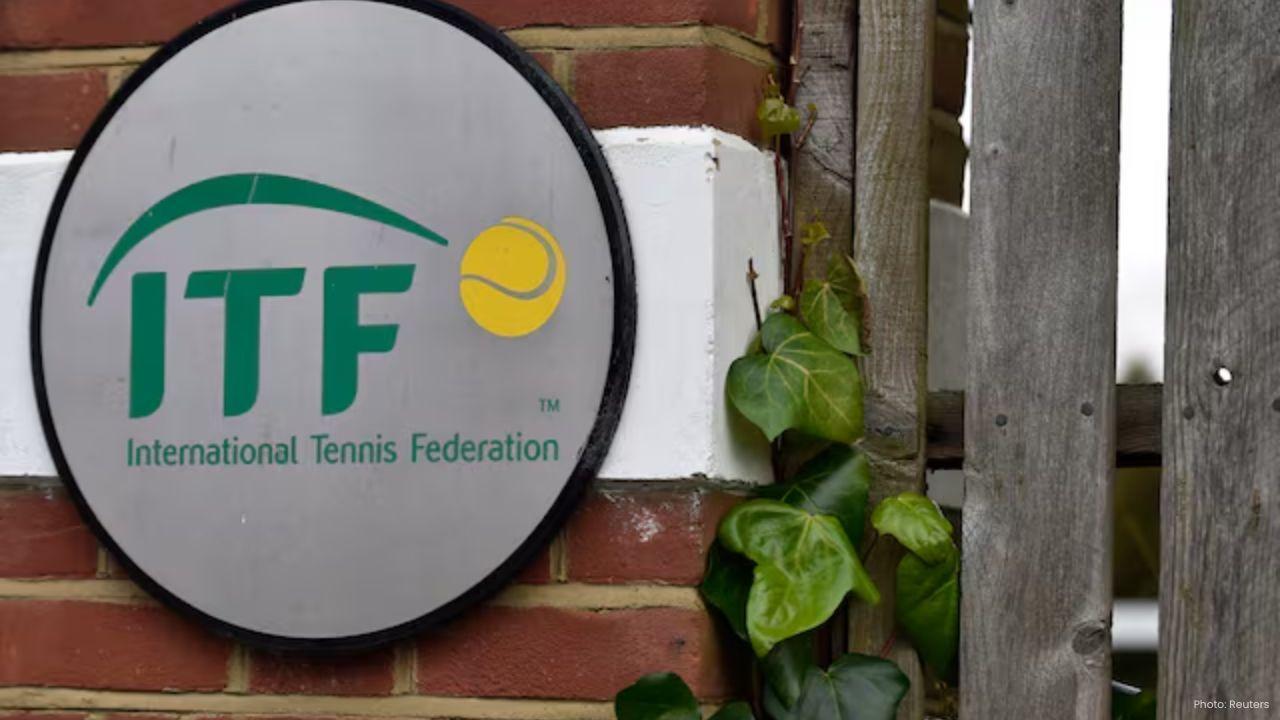
ITF Appoints Tie Break Tens As Official Partner For Junior Tennis
The ITF has named Tie Break Tens its official partner, integrating the 10-point tiebreak format into

Charlie Kirk Shot Dead In Utah, Police Seek Help To Find Killer
Right-wing activist Charlie Kirk was shot dead at Utah Valley University. Police seek public help as